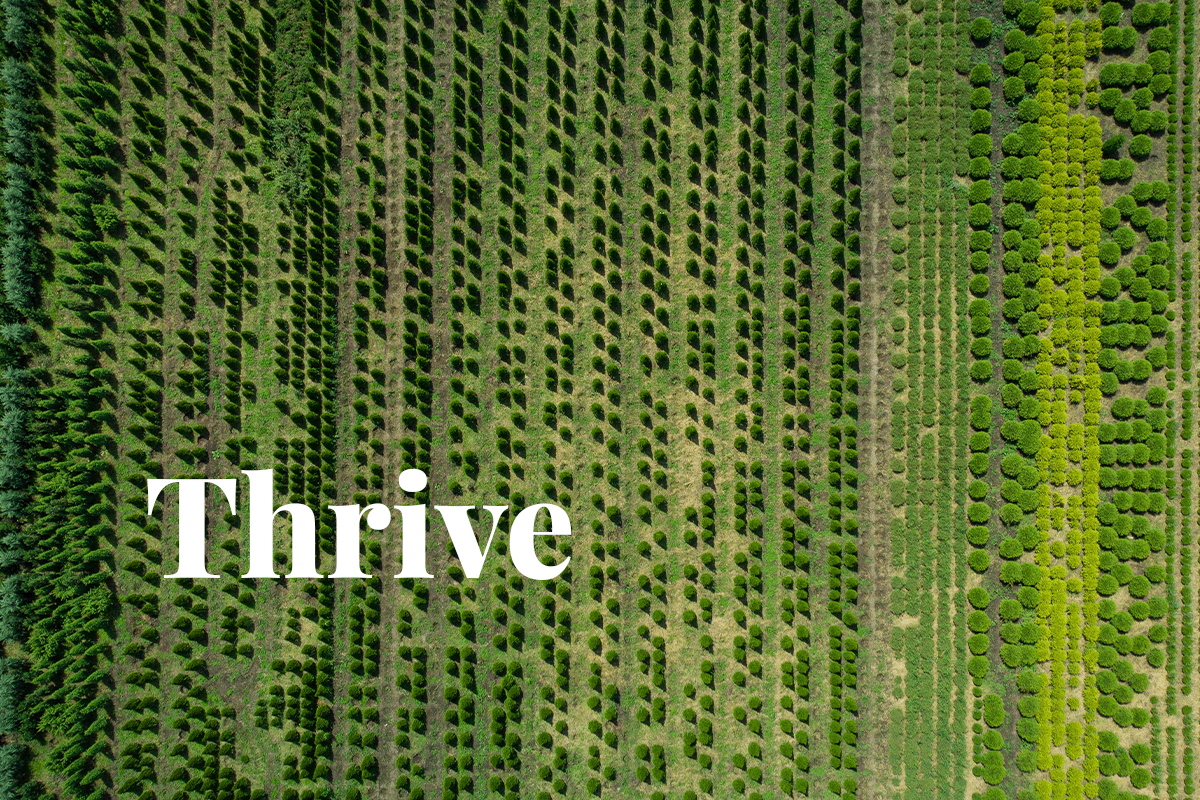The total value of major compliance carbon markets is projected to surpass $800 billion this year, demonstrating a 5% growth, as shown by a recent report by BloombergNEF. This surge is attributed to the upswing in allowance prices driven by reforms aimed at leveraging carbon markets for environmental objectives.
 Aerial view of a tree plantation.
Aerial view of a tree plantation.
This growth however is moderated by concerns regarding energy affordability and security. The decrease in allowance trading volumes compared to their peak in 2021 can be traced back to the conflict in Ukraine and the resulting turmoil in commodities, which has diverted liquidity away from carbon markets.
The decline in trading volumes since 2021 can be attributed to multiple factors, including the Ukraine conflict, volatility in commodities, policy uncertainties, and higher interest rates. In the EU, reduced emissions have also contributed to lower hedging demand.
Compliance carbon markets are anticipated to remain pivotal for policymakers in the coming decade, with new markets scheduled for launch in Brazil, Mexico, and India. Furthermore, regulators are expected to continue implementing supply-cutting reforms in existing markets, leading to higher prices.
Read more: Global carbon credit trading platform market expected to soar to $556.8 million by 2032
According to BloombergNEF's latest outlook, the European Union's Emissions Trading System (EU ETS) is forecasted to witness an increase in allowance prices, reaching €149 per metric tonne by 2030, up from the current €85 per tonne. In the California-Quebec market, prices are set to nearly double to $63 per tonne by the decade's end.
The growth of carbon trading worldwide has led to the emergence of new primary markets for allowances. Despite the EU maintaining its status as the world's largest carbon market in terms of volume and value, its dominance is declining. This has caused the EU's share of auctioned volumes to decrease from 73% in 2017 to 53% in the current year. The EU now handles 75% of global carbon market futures and auctioned volumes, a decrease from nearly 90% in 2017. Although primary markets are expanding, 90% of allowances are still traded in the futures market, known for its ease and speed of transactions.
Read more: Carbon pricing: global solutions for a global challenge
Data from Commitment of Traders reveals that positions in the EU's futures market have fallen by around 23% compared to a year ago. Notably, positions held for risk-reducing purposes have dropped by 32%.
Moreover, long positions from risk-reducing participants, known as long hedges, have shrunk. This decline is likely due to the expectation of reduced emissions in the EU ETS as renewable energy capacity expands, further encouraged by the transition away from Russian fossil fuels.
DGB Group's steadfast dedication to upholding industry standards and fostering synergy among all stakeholders, including local communities and governments, ensures the meticulous execution of our nature-based endeavours, ultimately yielding top-tier carbon credits. These initiatives stand out due to their exceptional quality and their profound, enduring influence on the environment. They not only breathe new life into critical ecosystems and enhance ecological resilience but also promote a harmonious coexistence between humanity and the natural world.
Take part in the green revolution



